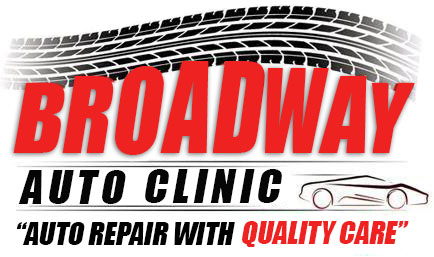Follow Us x
FAQ's
Q: How can I take better care of my tires?
A: Check pressure weekly. Use an accurate tire pressure gauge and check pressure weekly.
Check pressure when tires are cold (driven less than a mile) and adjust to the air pressure listed on the tire placard posted on doorpost, fuel filler door, or glove box.
Don't forget the spare. Over time it can lose air. Check it monthly.
Never exceed the maximum tire pressure imprinted on the tire's sidewall.
Install valve stem caps. Keep them tight. These cost only few cents each, keep dust and dirt out of the valve stem, and act as a secondary air seal.
Drive smoothly. Jackrabbit starts, hard stops, and fast cornering shorten tread life.
Avoid road hazards. Drive around tire-puncturing debris such as glass, metal, wood and avoid potholes that can bruise tires.
Warning Signs
Annually, tens of thousands of motorists are stranded with car trouble, often having had early warning signals that might have helped prevent a crisis. There are many occasions where simple maintenance would have prevented the break-down.
Let's face it, our automobiles almost always give us a warning sign when something is wrong . Your vehicle is something that you should be 'proactive about...not 'reactive'. We will teach what to check between regular services if you are not very familiar with them.
Broadway Auto Clinic has listed several common warning signs that are all too often ignored. If you car is experiencing any of the problems below, or if something just doesn't seem right, bring it into the clinic for a checkup. You'll not only be making your car safer for you and your family, you'll most likely be preventing a larger problem down the road.
Do any of these sound familiar?
- Shaking or vibration at certain speeds, indicating a tire, rim, or balancing concern
- Squealing or scraping sounds, or a pulsation in the steering wheel or the brake pedal when slowing down
- Your engines takes longer to start, or it makes odd sounds when idling
- More often than before you're finding it necessary to add oil or other fluids between oil changes
- A check engine or other warning signal lights up on the instrument panel
- A loud exhaust, indicating an exhaust leak, which can allow carbon monoxide into the cabin
- A knocking or thunk in the front end that occurs on bad roads
- The clicking of a worn CV joint as you make a tight turn
- A hesitation or surge when you accelerate, pinging sounds or a loss of power up hills
- Your tires are wearing unevenly, indicating a front end or alignment problem


